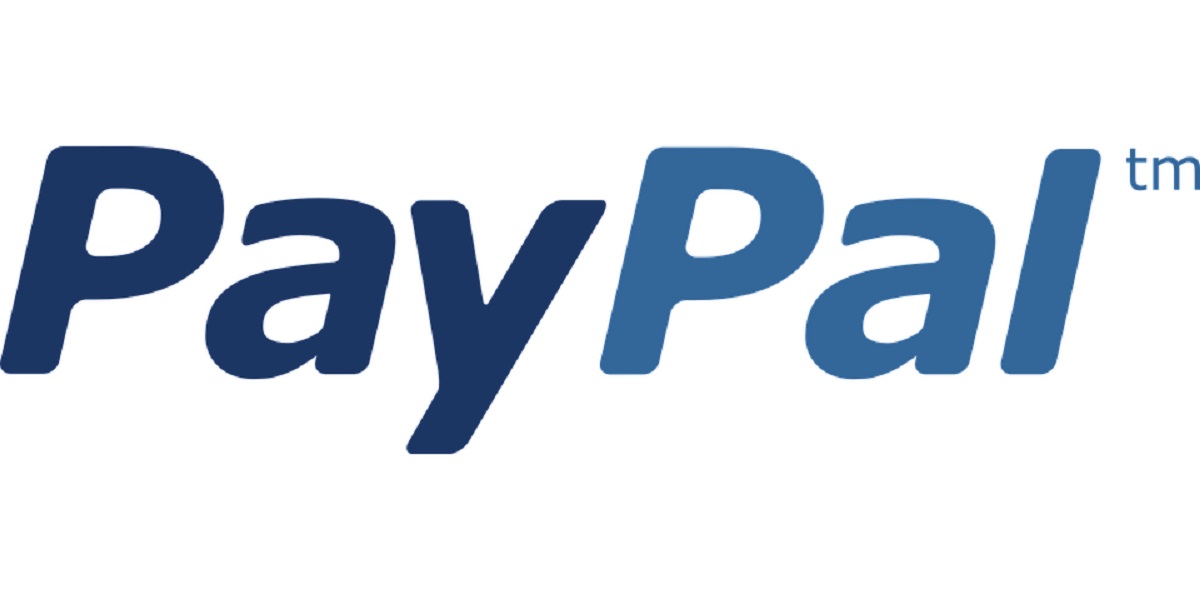PayPal has started implementing passkeys for Google Android devices.

Source: Pixabay.com
The implementation process started with Android mobile web users in the United States. This is stated in the PayPal press release, which was published on March 23. Over the next 12 months, the geography of this process will gradually expand, but so far there is no information about the countries where consumers will receive passkeys.
After the PayPal user creates a passkey, he will not have to remember it and enter it every time he logs in. Passwords are still stored in the company’s data warehouse. The press release says that the new solution allows us to get closer to the future without excess procedures related to identity identification.
PayPal passkeys have been available on Apple iOS since October last year. The developers say that this option provides a new level of security and satisfies the desire of consumers, who are becoming more and more, to trade without a password.
PayPal was one of the first in the financial services industry to introduce passkeys, which are a new industry standard created by the FIDO Alliance and the World Wide Web Consortium. The company is now seeking to use cryptographic key pairs and digital credentials to replace passwords.
Last year, Google, Microsoft, and Apple’s plans to introduce a passkeys login system on different platforms caused a lot of excitement. The interest in the implementation of this initiative on the part of hardware and software manufacturers will greatly simplify the rejection of passwords and multi-factor authentication (MFA) in their traditional form.
Studies show that many consumers positively assess the prospect of abandoning the use of passwords, despite the tradition and the wide scale of this practice. In the USA, 61% of users are ready to switch to other login methods. Also, 45% of consumers do not believe that giving up a password will be a negative decision from the point of view of security.
As we have reported earlier, PayPal Pauses Stablecoin Project.









